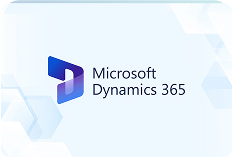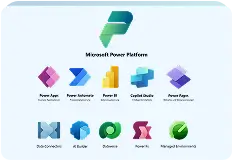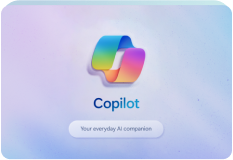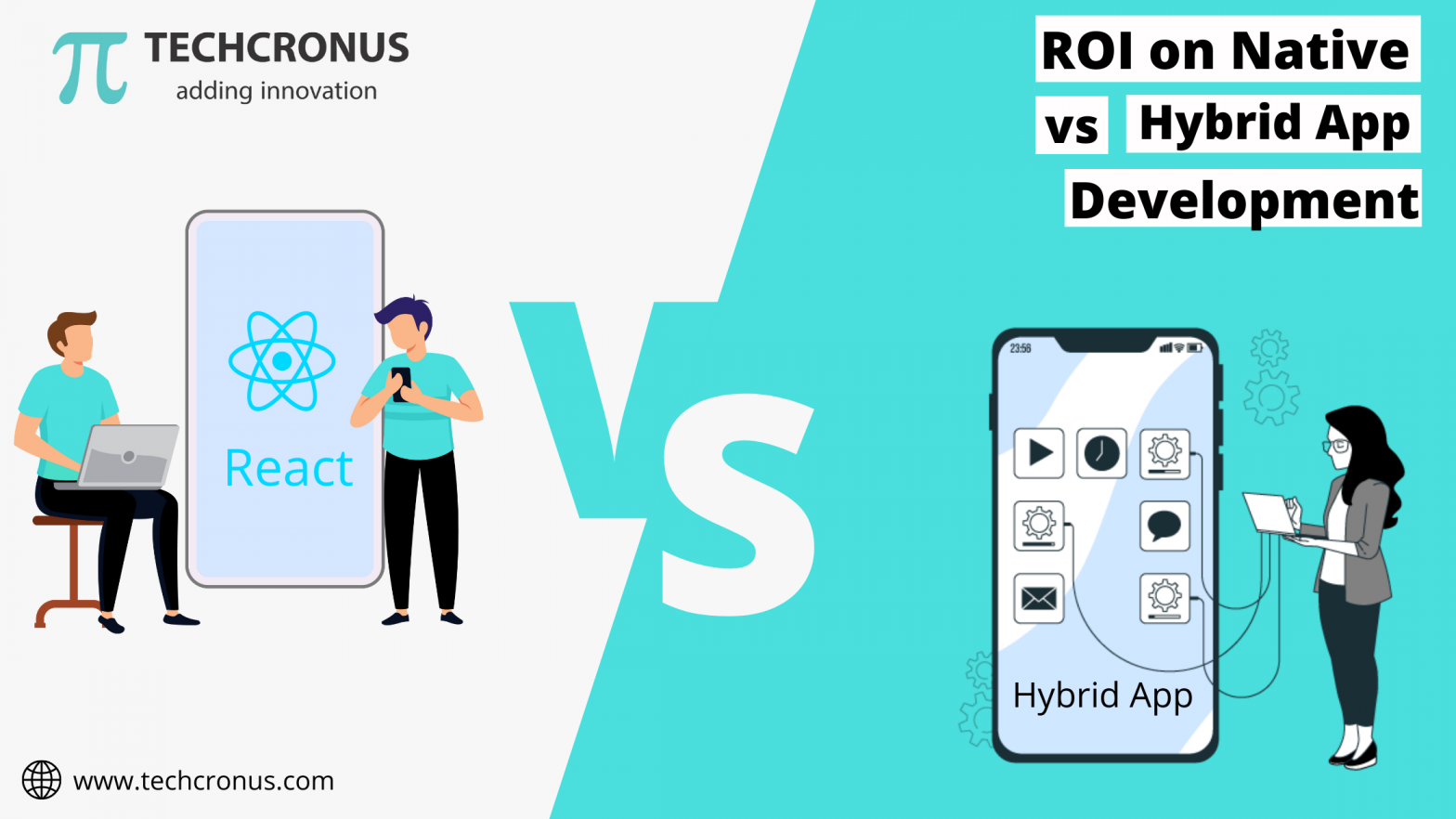Table of Contents
Native Apps are renowned for being smart phone-based applications. Their interface is suitable for both Android as well as iOS-based phones. The language used for developing these apps is usually JavaScript for Android based phones. If we observe for iOS mobiles, their native apps usually use languages like Objective-C or even Swift.
Native Applications come along with their own perks like being one of the swiftest as well as trustworthy in terms of the user interface. Additionally, these apps utilise the operating system SDKs so that they are compatible with other features of the device like GPS, Camera, device storage, etc.
Native Apps falls back with respect to its maintenance costs with constant evolution and new versions being rolled out in the competitive market. If businesses can afford to splurge on Native Applications because of a wider budget, it can turn out to be the best choice for them. With a bigger budget, these native apps can smoothly run-on various platforms being Android and iOS as well stand up to any upcoming updates.
Hybrid Apps are uniquely designed for web view and perform on a web application. These apps are well versed with multiple languages like CSS, HTML, JavaScript and Cordova to keep them lively at all times. These Hybrid apps appear the best when viewed in UIWebView in iOS while they appear better when in WebView in Android.
Hybrid Applications offer the much-needed speed to develop in a fast pacing world. Moreover, they are easier to understand by the developers. In addition to that, they require less touch ups in terms of maintenance costs.
Although Hybrid Apps promise high end speed, its actual speed is dependent on the user’s browser performance. Additionally, this just means that Hybrid Apps will never be able to perform as fast as their counterpart Native Apps.
However, in order to analyse the performance of any technology in business, it is often measured in terms of Return of Investment (ROI) on the features, performance and capability of the respective technology. So, to analyse them better let us look further-
ROI in terms of Cost-
The cost incurred on developing a Native Applications can expand somewhere from $1,00,000 to $5,00,000. While looking at Hybrid Apps, it can cost very less in your pocket and can range from $5000 to $1,00,000. Therefore, when you save up to 60% to 80% in Hybrid Apps, you can also expect an ROI as high as 234%.
So, if affordability is a matter of concern for your company, investing in Hybrid Apps will give you a better outcome. In addition to that, you will also be saving up on time as Hybrid Apps generally need an incubation time of around 300 hours to 5000 hours at max which is relatively half as compared to Native Apps.
ROI in terms of User Interface
Native Apps tend to be very interactive as well as intuitive which is why many users prefer this traditional form of app. Moreover, they generate lesser errors in terms of user input and output. Additionally, on a deeper analysis, it is provided that Native Apps allow users with a natural flow of steps especially when every mobile operating system has their own specific UI guidelines to follow. But once approved by the respective operating system, a native app has quality, security as well as compatibility like no other.
Although one codebase is required for hybrid apps, with more customisations, it can cost additionally which can be saved with Native Apps. As Hybrid Apps are comparatively slower than Native Apps, users will not prefer it generally as their first choice.
ROI in terms of Time
When the Native Mobile Apps are developed, they involve a long and tedious but mandatory process of approval. If the process of writing the code for Native Apps is complete, it does not mean the entire process of app development is complete. This is because once the code is written, it is sent further to the app store in order to generate their acceptance for the same. This step cannot be skipped in the process of App construction. The approval period is very critical as it can vary from two days and can be prolonged to a week.
This will additionally delay the deployment of apps in the market as any changes that crop up have to be corrected accordingly. In a retrospective approach looking from the future, shorter turnaround time is ultimately preferred. This is when Hybrid Applications come into picture. With these apps, developers enjoy advantage in terms of application updates. This is because when any significant updates crop up, programmers do not have to resubmit the new version of the modified app compulsorily.
The reason being the native code does not require changes in terms of any significant updates for the app. Therefore, if your business is on the lookout for app development at the very last moment, Hybrid apps are preferable as well as the ultimate tomorrow.
Every organisation has their own values, ethics as well necessities unique to them. However, with Techcronus, each company is given a personalised treatment as well as treated as the king. We are all ears to your application development. This means you don’t have to worry about Native Application or Hybrid Application. With respect to your enterprise specifications, Native or Hybrid Application can be easily developed just for you.
For more services related to Apps, contact us immediately!






















